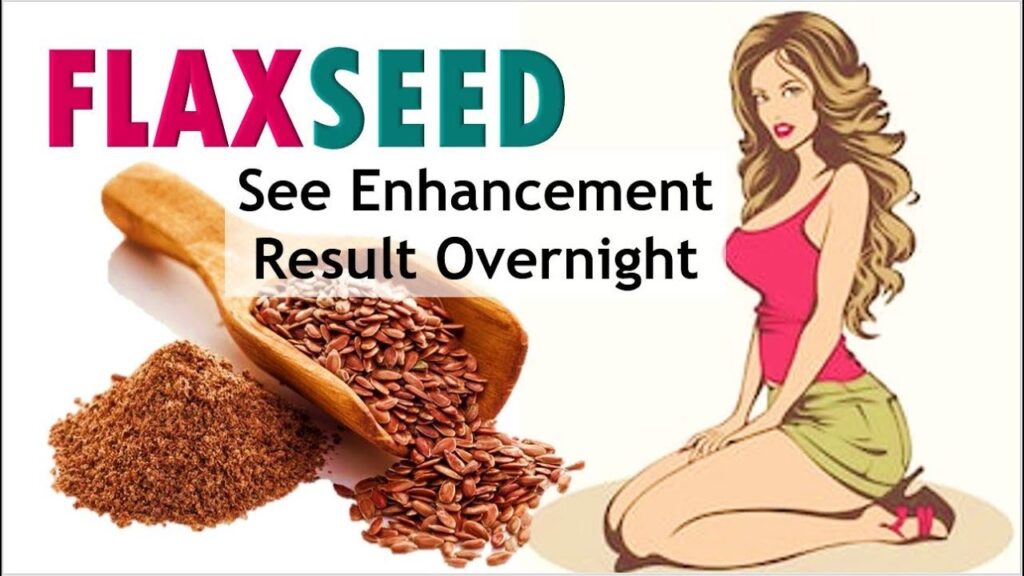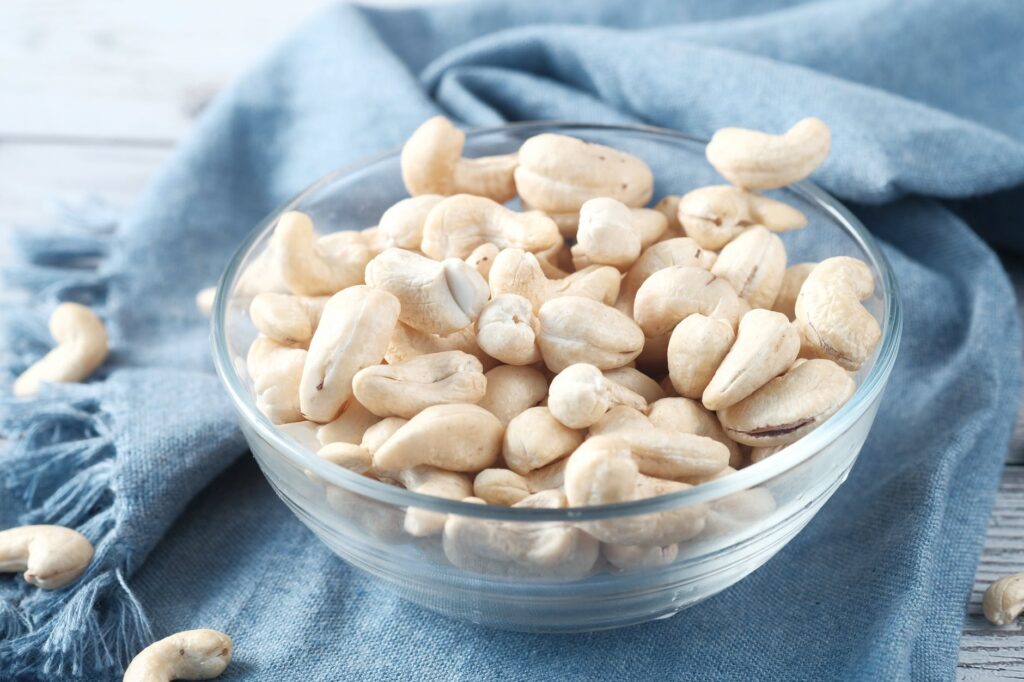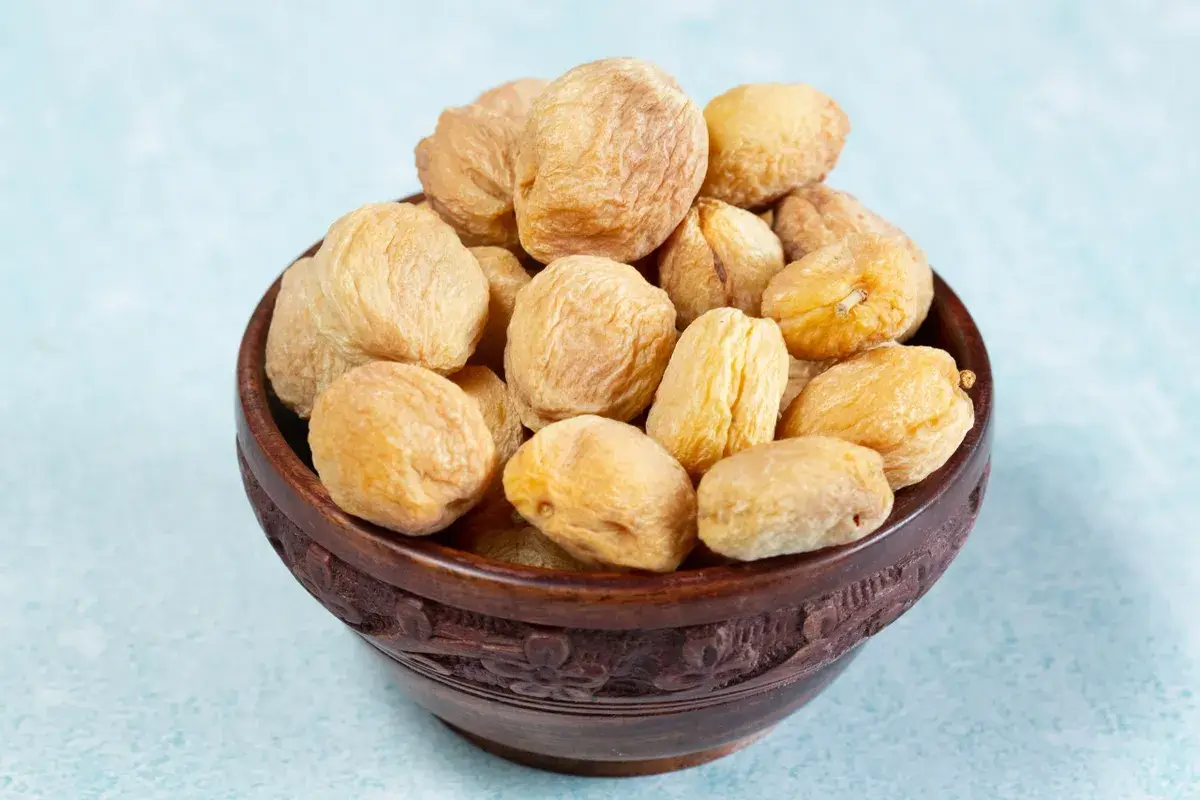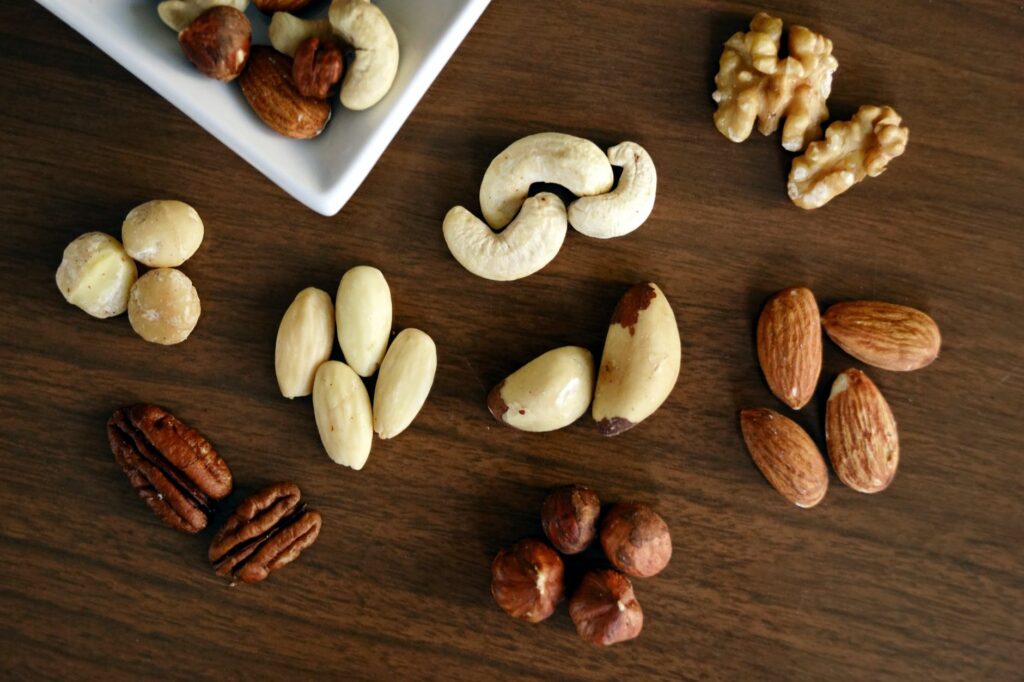Flax seeds are mild, crispy, and nutty flavor edible seeds. It is also called Linseeds. The flax crop is Linum usitatissimum which is a flowing plant in the Linaceae family. There are two varieties of flax seeds, golden and brown. Both types have the same nutritional value. Golden flax seeds are also called yellow linseeds or Solin.
For thousands of years, flaxseeds are used to prepare Ayurveda medicine in Asia countries. It is a functional food that is used by many people to improve their health.
Read: Nutrient Info of Flax Seed
Table of Contents
Health benefits of Flax seeds:

Flax seeds have lots of nutrients and micronutrients like fiber, protein, antioxidants, lignans, polyunsaturated fatty acids like alpha-linolenic acid (ALA), omega3s, vitamins A, B1, B12, calcium, magnesium, potassium, and iron.
Flax seeds also called Alsi seeds in India, are gluten-free.
Do you know what are the health benefits of flax seed? Let’s see
Prevent constipation:
Linseeds contain both types of soluble and insoluble fiber. Fiber prevents constipation and acts as a stool softener. Insoluble fiber helps to remove waste in bulk (stool) through your gut easily and soluble fiber helps to soften your stool. Fiber is very essential for your gut health. It helps to improve your bowel movements.
Balance blood sugar level:
Flax seeds are very helpful for those who have high blood sugar levels. It contains healthy fatty acids like Alpha-linolenic acid (ALA) which helps to improve insulin sensitivity and balance your blood sugar level. It may also manage pre-diabetes conditions. Alsi seeds decrease glucose levels after consuming meals in diabetic people.
Weight loss:
Flax seeds are rich in fiber. The fiber in flax seeds slows down your digestion which makes your stomach full for a longer time. They prevent you from overeating.
Flax seeds benefits for females:

Flax seeds have many nutrients which have health benefits for women. It is an excellent source of progesterone and is high in omega fatty acids like omega-3 and omega-6. They are used in the form of flaxseed gel and linseed oil. Let’s see its benefits in detail:
Regulate menstruation cycle:
Linseeds help to maintain the normal length between ovulation and menstruation. Flax seeds are a good choice for female fertility. These seeds are not only regulating your menstruation cycle (periods) but also maintain the balance of you’re hormonal. It also works amazingly who are suffering from PCOS.
Helps in menopause:
According to the National Institute of Health (NIH), Menopause in women starts between the age of 45 to 55, they may be suffering from hot flashes during this menopausal transition. It happens because of changes in estrogen levels. Linseeds are a good source of estrogen which helps to get rid of these hot flashes.
Read : Flax Seed – Supplement and Herb Guide for Arthritis Symptoms
May reduce cancer risk:
Flaxseed contains lignans. These seeds have 800 times more extra lignans than other plant-based foods. It has anti-cancer properties. Regular consumption of this seed may reduce the chances of breast and ovarian cancer after menopause.
Helps to increase your breast size:
Alsi seeds contain Lignans and estrogen. They play an important role in the growth of breast tissue. It maintains your hormonal level balance. They help to grow healthy breasts.
Healthy hair and skin:
Flax seeds for face:
Alsi seeds are rich in lignans which have antioxidants and estrogen properties.
- Lignan helps not only to prevent your skin from sagging but also gives you tighten skin. It has anti-aging properties.
- They soothe inflammation in your body and skin.
- Fine lines and wrinkles may be softening because of flaxseed intake
- Estrogen present in these seeds helps your skin from acne and breakouts.
- Essential fatty acid like omega 3s keeps your skin hydrated and moisturized. They fight rashes, redness, skin irritation, and inflammation.
- The flaxseed face mask is used to rejuvenate your skin. It helps to remove dead skin, blackheads, impurities, dust, and excess oil.
Flax seeds benefits for hair:
Flax seeds have health benefits for hair also. It works amazingly by applying flaxseed gel or flax seed hair mask or flax seed oil on hair. Alsi seeds are rich in vitamin E which provides complete nourishment to your scalp and hair.
- Flax seed contains lots of nutrients and micronutrients which help to promote the growth of your hair and prevent hair loss.
- Flaxseed gel act as a moisturizer for your hair and scalp.
- Flaxseed oil helps to grow your hair faster.
- It protects your scalp from free radical damage and scalp inflammation.
- It keeps your hair hydrated so you may feel smooth and shiny hair.
Read: Flax and flaxseed oil: an ancient medicine & modern functional food
Use of Flax seeds:
Let’s see how we can include flaxseed for its health benefits.
Alsi seeds can be easily added to your daily diet. You can include 1-2 tablespoons of flax seed in your daily diet. It can be used as raw or roasted, whole, sprouted or grounded/ powdered flax seed. It is always good if you add grounded flax seeds to your diet. Whole flax seeds are not easily digested and the intestine may not absorb its nutrients fully compare to a grounded one. It is also used to make linseed oil by pressing flax seeds.
- Soak flax seeds overnight in water, and drink that water in the morning.
- Use in bread and baking goods
- Crushed flaxseeds Use in a granola bar (energy bar), smoothies, salad topping, or raita.
- Jawas are roasted on low flame and then ground by using a traditional grinding method or with the grinder to make chutney or khakras.
- Roasted and whole alsi seeds are also used in mukhwas.
You should not overheat seeds or flaxseed oil because its nutrients will spoil due to high heat.
How to Eat Flax Seeds?
• Add 1 tablespoon of ground flaxseeds to oatmeal, yogurt, smoothies, salads, soups, and cereal.
• Sprinkle flaxseeds on top of vegetables, grains, and meats before cooking.
• Blend flaxseeds with water and use them as a milk substitute.
• Flax seeds recipes: Use flaxseed meals in baking recipes.
• Make flaxseed bread by mixing 2 tablespoons of ground flaxseed with 4 cups of flour and ½ cup of warm water. Let stand for 10 minutes. Knead dough until smooth. Shape into the loaf and let rise for 30 minutes. Bake at 350 degrees F for 45 minutes.
Side effects of Flax seeds:
Everything in the world has 2 sides like a coin. Linseed has good effects on health but if you consume it in excess, it also has side effects. It is always recommended that whatever you eat, eat in moderation.
- If you overeat alsi seeds, then it may cause gastrointestinal effects on your body like bloating, constipation, diarrhea, nausea, and gas.
- Using flax seeds help to reduce your blood sugar. If you are already taking medicine for diabetes, then linseed will interact with medicine. It will cause too low blood sugar. Overconsumption of fiber present in this seed, block your digestion and absorption of medicine and supplement.
- It is not recommended to have flax seeds during pregnancy. Estrogen-rich food will help to induce your periods, so pregnant women may increase the risk of miscarriages or premature birth.
- If you face any symptoms like swelling, redness, itching on the skin, or difficulty breathing after eating flax seeds or their oil, then you are allergic to flax meals. So, do not consume it if you are allergic to it.
FAQ:
How many flax seeds you should consume daily?
It is recommended that you can intake 1-2 tablespoons or 15-20 grams of flax seeds per day in any form of food.
Which is better among brown and yellow flax seeds?
Both types of flax seeds have almost equal nutritional value. But brown flax seeds have more antioxidants than other one and it is easily available in a small store at pocket-friendly value.
Also Read: Chia seeds: A superfood with super health benefits
Flax seeds in India have different names:
Flax seeds are called Alshi, Jawas in Marathi.
Flax seeds in Hindi, Gujarati, and Punjabi are called Alsi.
Flax seeds in Tamil are called Aali Vithai.
Flax seeds are called Tishi, Tisi bīja in Bangali Language.
In Oriya Language, flax seeds are called Pesi.
Flax seeds in kannada are called Agashi, Agase bījagaḷu, Agase Beeja
Flax seeds in Telugu are called Avise ginjalu
Flax seeds in Malayalam are called Tiri vittukaḷ.

Rupesh Sagvekar is Content writer, Food blogger and owner of Manvik Foods, an online shop in Mumbai, India that specializes in selling high-quality dry fruits, nuts, berries, whole and powdered spices. Under the authority of Manvik Enterprises Organisation, Rupesh and his team believe that quality is of the utmost importance. They take great care to ensure that their products are verified, tested, and of the best possible quality. Rupesh’s goal is to make sure that every customer is satisfied with what they receive from Manvik Foods.
As an Amazon affiliate, Manvik Foods ships their products all over India, allowing customers from all corners of the country to enjoy their delicious and nutritious products. With Rupesh at the helm, Manvik Foods has become known for their commitment to quality, exceptional customer service, and passion for healthy, natural foods.








